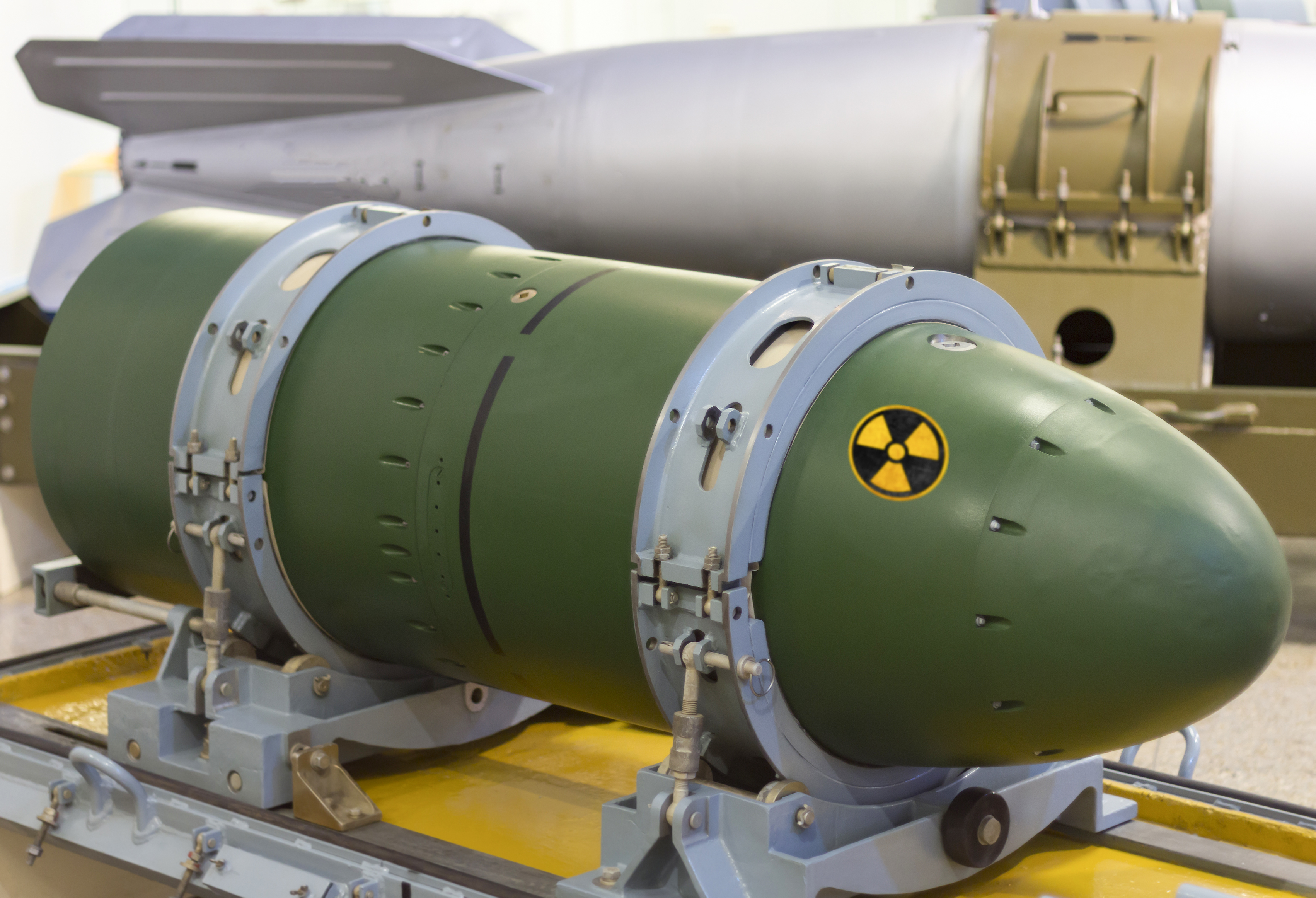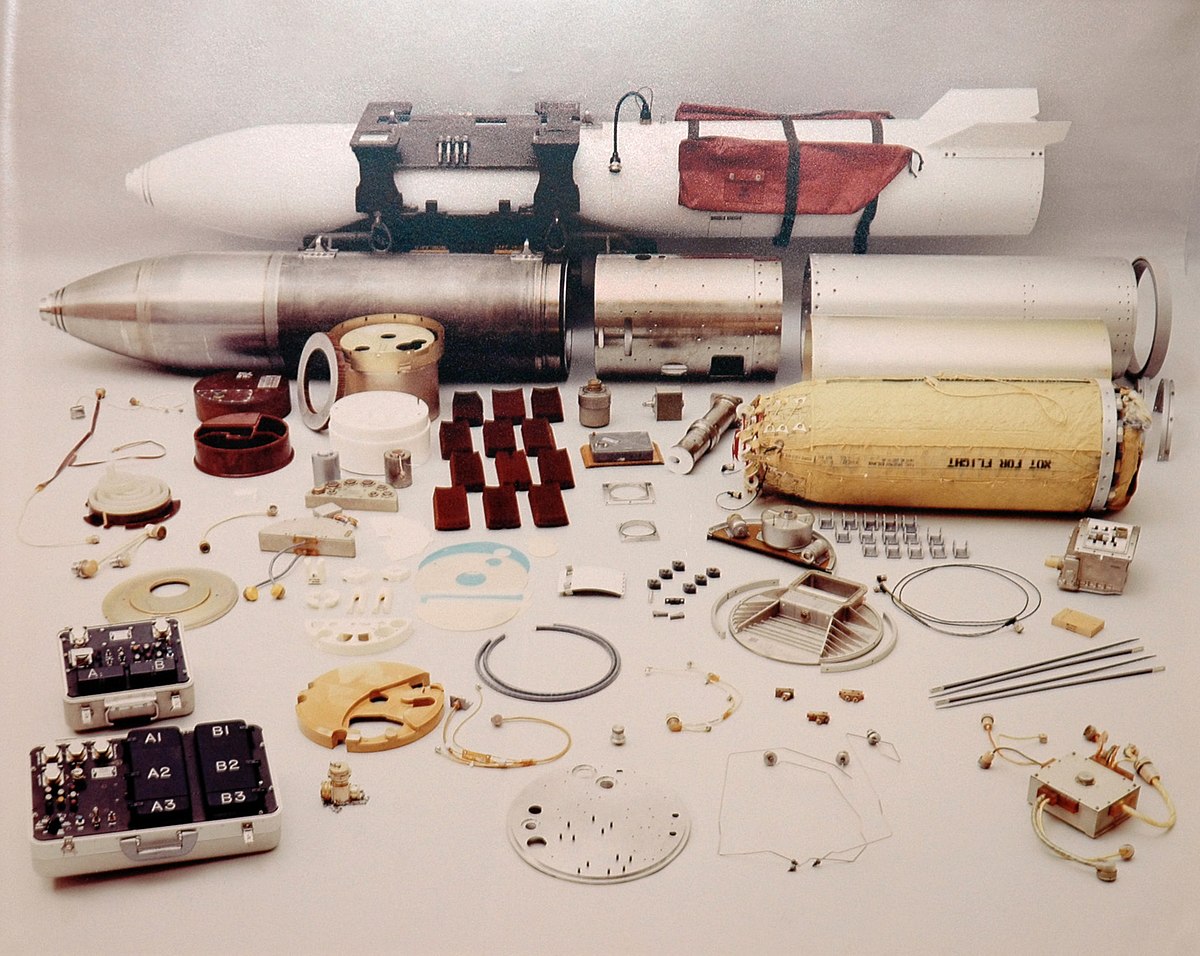In recent days, cinemas around the world have been buzzing with audiences flocking to watch Hollywood most awaited “Oppenheimer,” directed by the five-time Academy Award-winning director Christopher Nolan.
Released on July 21st, it captures the gripping history of American physicist Julius R. Oppenheimer, who led the development of the world’s first atomic bomb(Trinity) during the Second World War. Successfully tested in July 1945, this landmark event led to the devastating bombings of Hiroshima and Nagasaki in August, causing immense loss of innocent lives and shaping the course of the modern world.
The aftermath of these events spurred the establishment of the United Nations, signalling a new era of global cooperation and concerns over the potential threats posed by nuclear weapons development and testing during the Cold War.
As the movie attracts viewers, A member organisation of the International Campaign to Abolish Nuclear Weapons (ICAN), a Nobel Peace Prize-winning institution, brings the issue of nuclear prohibition to the forefront in Nepal.

ICAN reports that over nine countries possess atomic weapons, amassing more than 13,000 nuclear arsenals. Among these countries are Russia, the United States, China, France, the United Kingdom, Pakistan, India, Israel, and North Korea, while several others, like Italy, Turkey, Belgium, Germany, Netherlands, and Belarus, host nuclear weapons.
In response to the growing threats and destructive potential of nuclear arms, the United Nations General Assembly voted in 2017 to negotiate a legally binding treaty to prohibit and eliminate nuclear weapons. Thus, the Treaty on the Prohibition of Nuclear Weapons (TPNW) was signed, aiming to abolish nuclear weapons worldwide wholly.
The treaty covers a wide range of prohibited nuclear weapon activities, including the development, testing, production, acquisition, possession, stockpiling, use, and threat of use of nuclear weapons.
Additionally, it outlaws the stationing of nuclear weapons on national territory and the lending of support to any State engaged in illegal activity. The Treaty imposes additional obligations on States parties, including taking necessary and appropriate action for environmental remediation in areas under their jurisdiction or control that have become contaminated due to activities related to nuclear weapon testing or use.
Voted for by 122 state countries on July 7th, 2017, the TPNW opened for signature on September 20th of the same year. Following the deposit with the Secretary-General of the 50th instrument of ratification or accession of the Treaty on 24 October 2020, it entered into force on 22 January 2021 by article 15 (1).
Nepal, a non-aligned country in the Himalayas, signed the TPNW in 2017, but its ratification process has yet to start in its parliament.
Last week, the President of Froum For Nation Building(FNB-Nepal), Nirmal Kumar Upreti, submitted a memorandum to Nepal’s Ministry of Foreign Affairs officials. FNB-Nepal is a member organisation of ICAN.
Upreti submitted the memorandum requesting Foreign Minister NP Saud to take the initiative to ratify the treaty. He also drew attention to the Nuclear Materials Management Division of the Ministry of Education, Science and Technology.
Nepal has also signed Non-Proliferation Treaty (NPT) and the Comprehensive Nuclear-Test-Ban Treaty (CTBT). Only the NPT has been ratified. Ratification of CTBT is overdue.
The head of the Division, Bishwababu Pudasaini, also said that the ministry has had the necessary talks about the ratification of the CTBT which is overdue. The ministry has arranged a program for concrete plans for its ratification in the current fiscal year program.
With the new Hollywood film, nuclear weapons and their abolishment have again drawn attention to the global world. ICAN’s advocacy of its rectification once again reverberates across Nepal’s political sphere, with the need for ratification gaining renewed attention.
In 2007, the ICAN campaign was first started in Australia to discourage nuclear weapon production, use, and testing. In 2017, the United Nations General Assembly passed the Convention on the Prohibition of Nuclear Weapons. In the beginning, 53 countries signed it, and more than 122 countries favour it. Fifty-five countries have approved it since January 22, 2021. In South Asia, Maldives and Bangladesh have only rectified this treaty.
Being sensitive to the devastating human consequences of nuclear weapons demands their complete elimination, that they not be used again under any circumstances in the future. According to ICAN, a single nuclear warhead detonated in New York would kill 583,160 people.
Nepal participated as an observer in last year’s meeting in Vienna, Austria. ‘Nepal, being a signatory party nation, participated in the party conference last year as an observe as it cannot use the right to vote in the meeting of the Convention until it rectified it from its parliament, ‘ Upreti Said. According to Nepal’s Treaty Act of 1990, any treaty is legally recognised only after the Parliament passes it.
In the past, The Ministry of Foreign Affairs had sent the TPNW file to the Prime Minister’s office for discussion when KP Oli was the Prime Minister. It was given to review by the Social Development Committee of the Prime Minister’s office for a comprehensive discussion. However, the committee did not discuss it, as the current government sent the old files to all the relevant ministries and instructed them to bring them through the new process.
According to an officer from the Ministry of Foreign Affairs of Nepal, a new treaty ratification process is about to start. ‘Former foreign minister Bimala Rai Paudyal showed interest and prepared to take it to the cabinet. But after her party left the government, the file is stuck in the ministry,’ he said.
Pudasaini, head of the nuclear material management division of the Ministry of Education, Science and Technology, said that this treaty is good for the disarmament of nuclear weapons.
Similarly, in 2019 and 2021, Amrit Bahadur Rai, the Permanent Representative of Nepal to the United Nations, said that preparations for the treaty’s ratification had been started in various forums.
Raju Khanal, a Professor at the Central Department of Physics of Tribhuvan University and a nuclear physicist, says that there is no place in Nepal where naturally radioactive material is abundant and that there is no situation to make weapons and use them.
He says, ‘One thing is that there have not scientifically proven the exact amount of radioactive substances found in Nepal and have not studied them enough. There is no need to panic when those substances are used in Nepal.’ He said the treaty’s ratification would strengthen Nepal’s voice in international forums.
Countries with nuclear power did not sign
None of the nuclear-weapon states have signed the Convention on the Prohibition of Nuclear Weapons. India and China, both neighbours of Nepal, have not approved it. They both have nuclear missiles. Similarly, Pakistan, North Korea, America, and Russia have also not ratified this treaty. It is estimated that there are currently more than 10,000 nuclear weapons worldwide.
This convention, which has 20 articles, includes many topics related to the prohibition of nuclear weapons. Article 1 states that developing, testing, producing, manufacturing, acquiring, keeping, and storing atomic weapons or explosive devices is prohibited. There are six other sub-sections.
Article 2 states the declaration, three the security measures, four the complete elimination of nuclear weapons, and five the implementation at the national level.
Article 5, Sub-section 2 states that the State Party shall take appropriate legal, administrative and other measures to prevent and punish acts prohibited to the State Party under this Convention committed by any person or in the territory under its jurisdiction or control.
Article 6 of this Convention has a topic to be addressed in favour of victim assistance and environmental improvement. There is a provision to take steps for ecological improvement if the place is polluted during the testing or use of nuclear explosive devices.
The convention also mentions international coordination and assistance between the party states. Section 7 provides detailed information about this.
Article 9 includes expenditure, Article 10 amendment, Article 11 dispute resolution, Article 12 universal compliance, Article 13 signature, Article 14 ratification, approval, support or accession, Article 15 applicability, Article 16 reservation, Article 17 period and waiver and Article 18 relationship with other agreements.
Also, Read: Scientists can strengthen nuclear agreements


